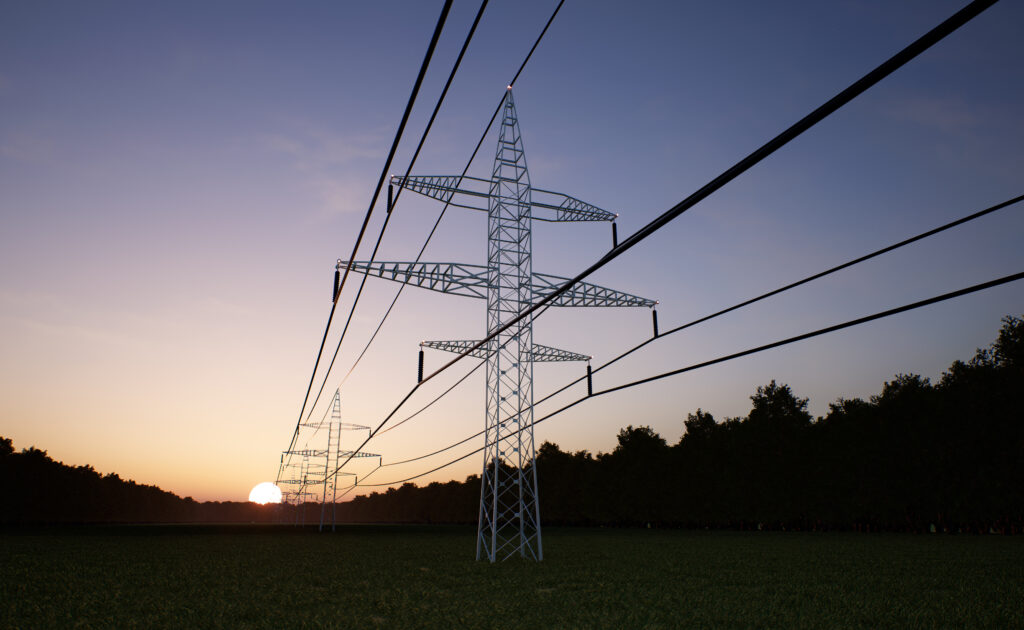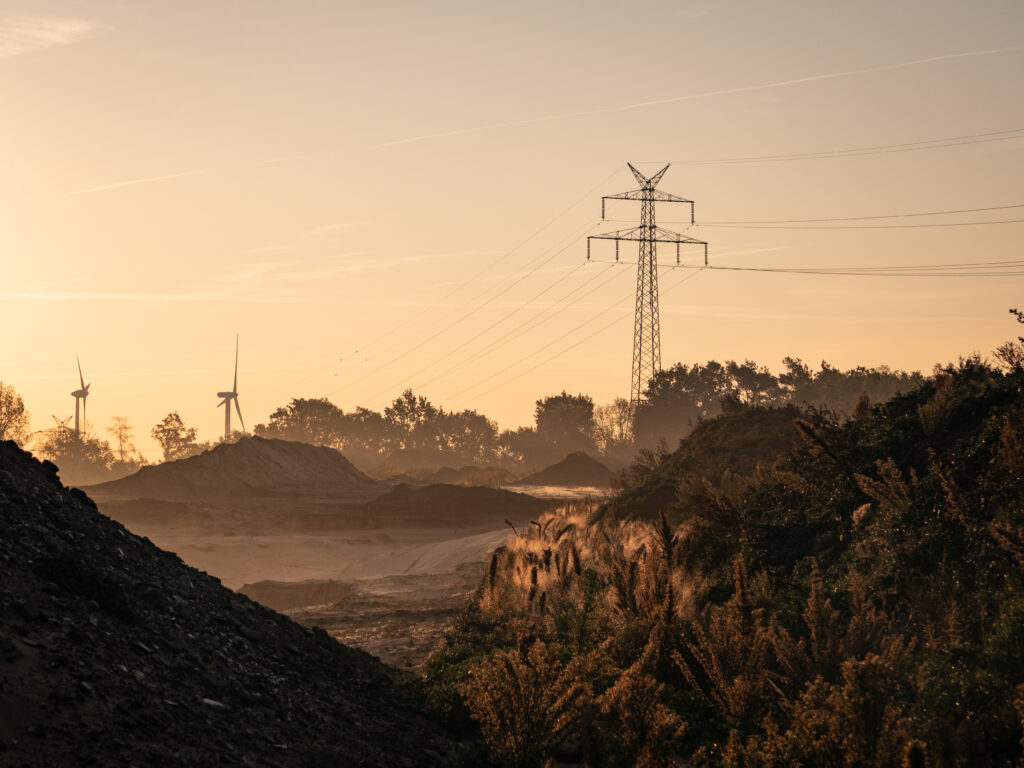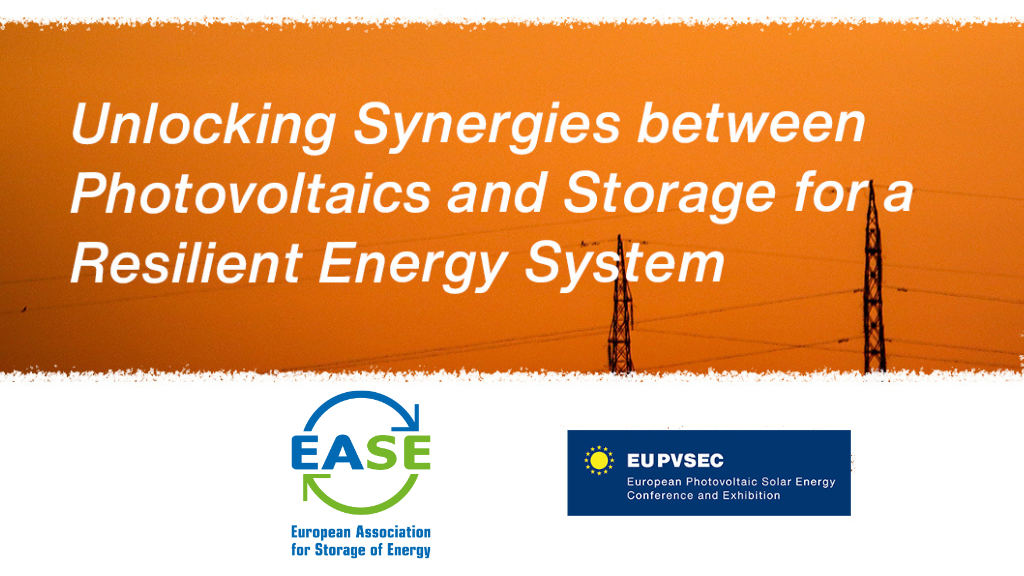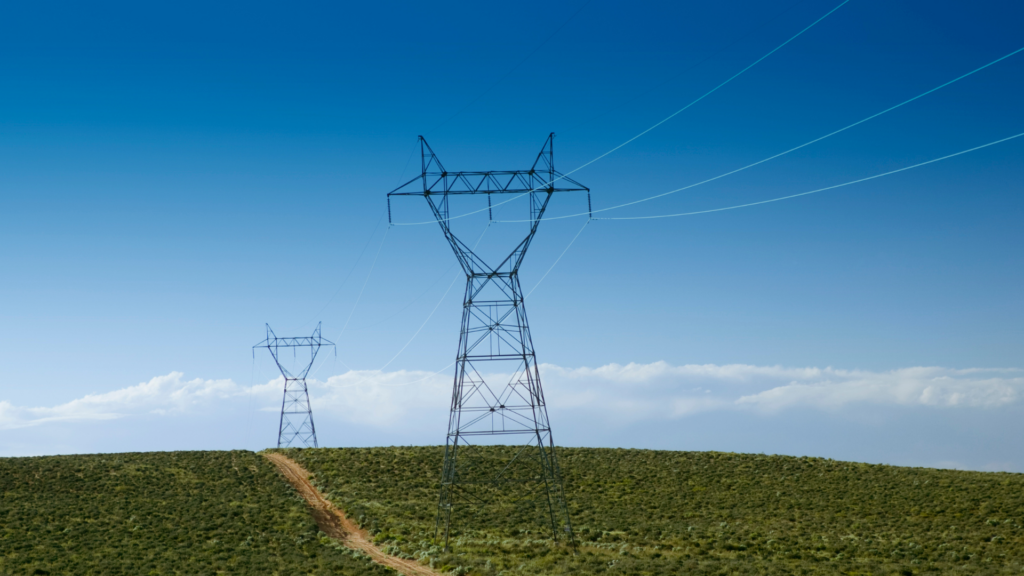20.11.2019 / News
Interview with EASE Student Award Winner Diego Tejada-Arango
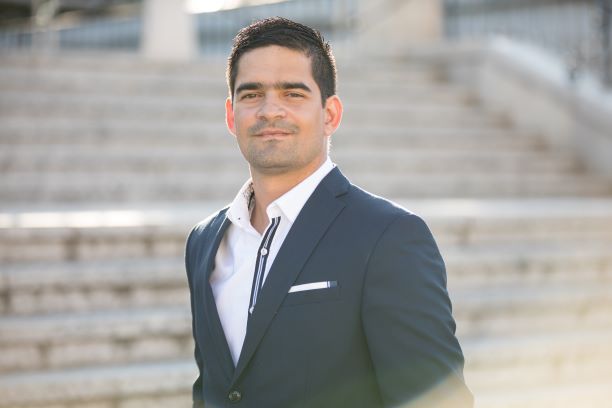
The European Association for Storage of Energy (EASE) is proud to announce the winner of its fourth annual Student Award, Diego Tejada-Arango, who has conducted an outstanding research in the field of energy storage with the thesis “Co-Optimisation of energy storage technologies in tactical and strategic planning models.”
EASE: Congratulations on winning the 2019 EASE Student Award! We were very impressed with your thesis on ‘Co-Optimisation of energy storage technologies in tactical and strategic planning models’! Could you summarise the main focus and findings of your thesis?
First of all, thanks to EASE and all its members. I am glad to be recognised with this award for my contributions to energy storage research.
The main findings show that it is possible to consider at the same time, accurately, short-term energy storage (e.g., batteries) and seasonal storage. Classic optimisation models usually detail one type of energy storage system and simplify the other. They need to reduce the computational burden by using a subset of periods (e.g., typical days or weeks). However, this causes a lack of chronology among these subsets. We solve this situation by proposing a linked representative periods approach (e.g., linking days or weeks). It allows the co-optimisation of operation and investment decisions of different energy storage technologies.
The proposed models can support energy storage owners, investors, system operators, planning entities, and regulatory authorities in their decisions regarding energy storage in the future context of a high share of variable renewable energy sources.
EASE: What are the most interesting or surprising insights from your work for the storage sector?
There are many interesting findings in the thesis. Nevertheless, I think the most interesting one is related to the opportunity cost in energy storage systems using our linked representative periods approach. Short-term energy storage operational decisions, such as charging/discharging, impact the opportunity cost of seasonal storage. On the one hand, we show a case study in which the classic optimisation model underestimates the water value to be between 6% and 24% for seasonal hydro reservoirs. On the other hand, our proposal has an error of around 3%.
EASE: How did you solve the challenge of considering the interaction between short-duration and long-duration energy storage systems in planning and optimisation models?
We solve this challenge by introducing two main concepts. First, we link each other the classic representative periods using a transition matrix as in a Morkov's chain. Each representative period denotes a state in the chain, while the values in the transition matrix describe the probability of changing from one state to another. Second, we superpose an inter- and intra-period storage balance constraints. Therefore, we can keep track of short- and long-term operational decisions that also determine the investments. Both concepts allow preserving chronology information necessary to co-optimise both types of storage.
EASE: How did you get interested in the storage sector? What drove you to select this topic as your thesis?
I studied my bachelor's degree in Colombia, where seasonal hydro reservoirs are crucial in the energy supply. These big hydro dams are the classic form of system flexibility, which can now be complemented by energy storage solutions. So, when I started my Ph.D. studies, I was wondering how the "newcomers" in the storage business, such as the batteries, could affect the operation and investment of the traditional ones, and vice-versa. I also got lucky because my supervisors were working on energy storage optimisation models for operation and investment. Therefore, it was a perfect match.
EASE: What are your future career plans? Do you see yourself working in the storage sector?
I'm currently working in Spain at ENDESA in the GLOBAL TRADING area, which also collaborates with ENEL in Italy. I do see myself working in the storage sector. In fact, my current job allows me to analyse potential renewable energy projects, as well as energy storage investments. And I'm happy because my thesis is useful to this purpose.

